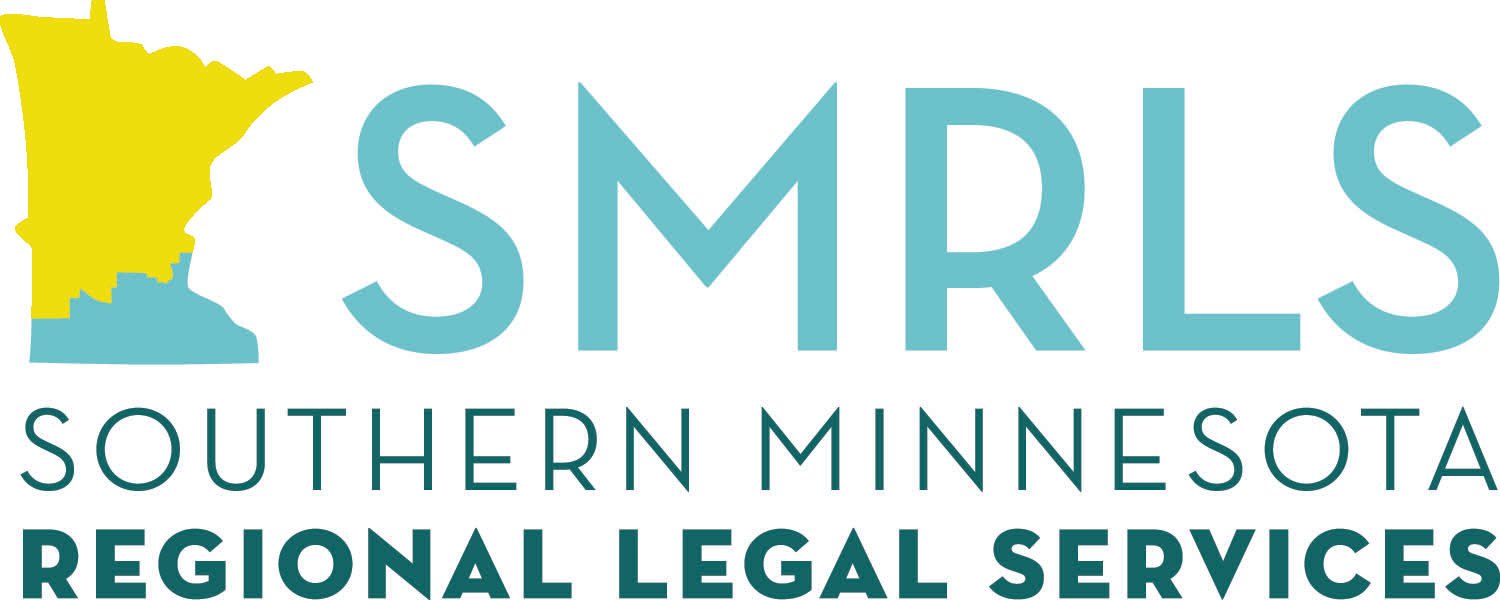
Who We Are
About Southern Minnesota Regional Legal Services
Non-Profit Law Firm
SMRLS is a non-profit law firm which receives federal, state, local, public, and private funding to provide free legal help to low income and elderly people who reside in 33 counties of southern Minnesota, including the St. Paul metropolitan area. As Minnesota’s oldest legal aid program (founded in 1909), SMRLS has established a tradition of partnership with the private bar, a bi-partisan Legislature, the Minnesota Supreme Court and other Minnesota Legal Services Coalition programs in providing access to justice. SMRLS has an experienced, dynamic staff of 55 attorneys and 45 additional staff. Hundreds of volunteer attorneys help staff provide legal assistance to approximately 10,000 eligible persons each year.
Client-Centered
SMRLS is a client-centered organization which is committed to its Mission of providing a full range of high-quality legal services, in a respectful manner which enable clients to: enforce their legal rights; maintain freedom from hunger, homelessness, sickness and abuse; and empower persons and ensure equal opportunity, thus, helping persons to help themselves and become economically self-reliant, to the extent their individual abilities and circumstances permit. SMRLS has adopted Practice Standards and Guiding Principles to accomplish its Mission and has established case priorities which govern the types of cases which will be accepted for representation.
Diversity & Racial Equality
SMRLS values, welcomes, and promotes diversity in all aspects of its work. SMRLS serves clients from a wide range of backgrounds. SMRLS has adopted a Racial Justice policy to guide the firm’s work towards racial equality.
SMRLS provides free, high-quality legal services to low-income people in critical civil matters. Approaching each client with respect and compassion, we help individuals and families maintain freedom from hunger, homelessness, sickness, and abuse. Each year, staff and volunteers close approximately 10,000 cases, serving an additional 20,000 people through community education and outreach activities.





 LEAVE SITE
LEAVE SITE